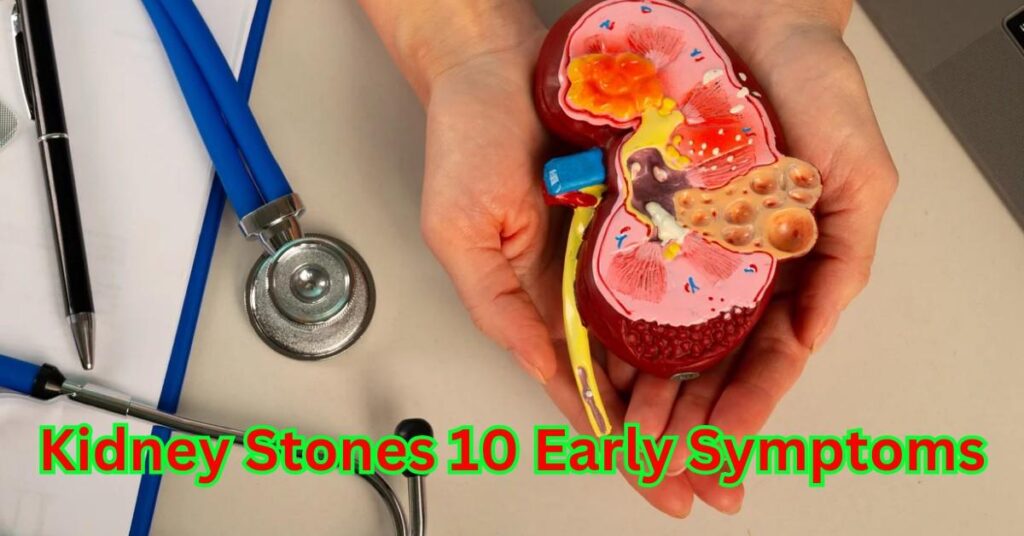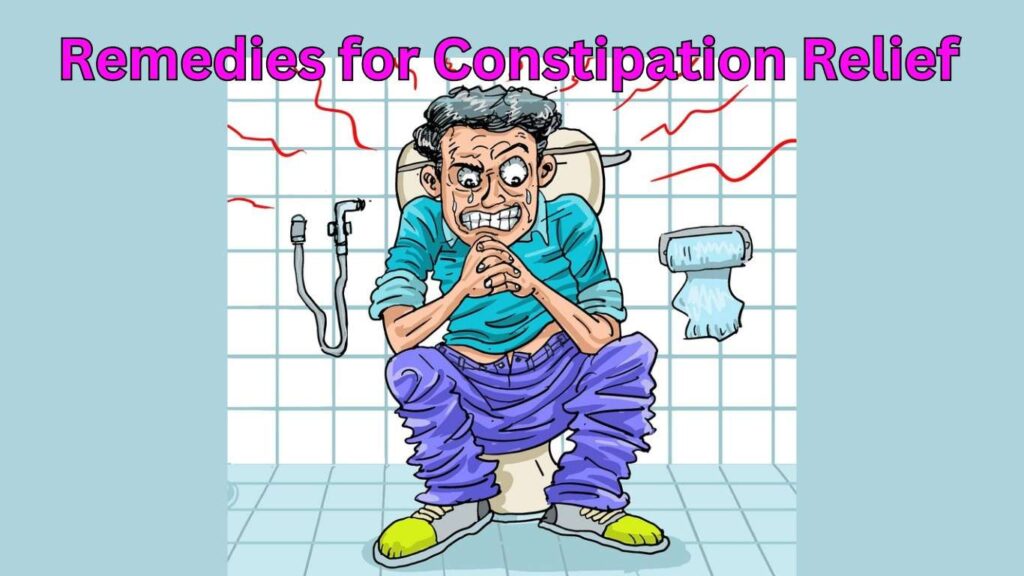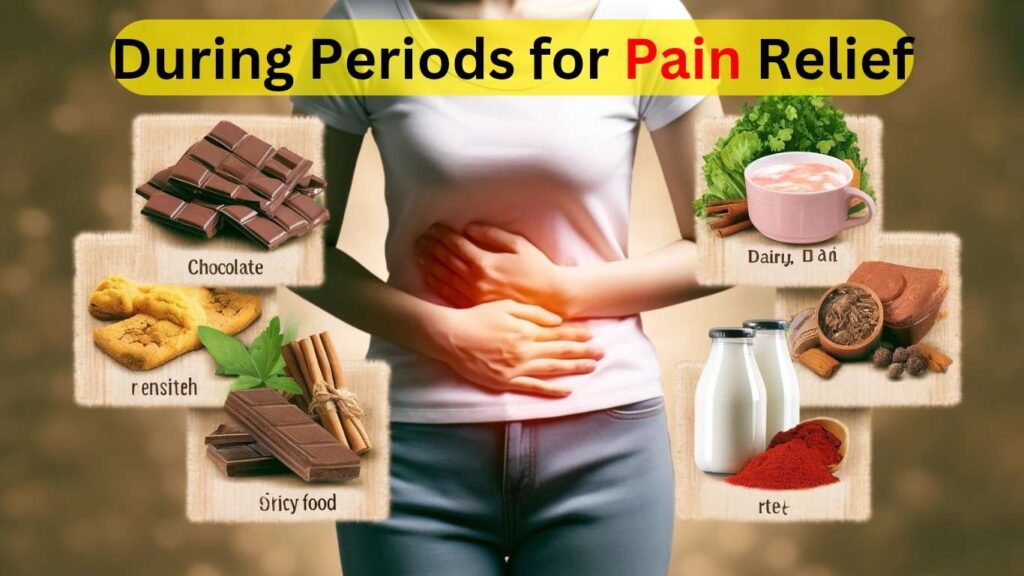Early Signs of Pregnancy: 20 signs of pregnancy before period. The Signs of pregnancy before a missed period can often be confusing for many women, as they are similar to the symptoms of an upcoming period. However, understanding these early signs of pregnancy can help women gain insight into their condition more quickly. These symptoms manifest in both physical and emotional changes, such as nausea, breast tenderness, fatigue, and light spotting. Identifying these signs at the right time is crucial for early detection of pregnancy.
Some question and answer during pregnancy.
1. Breast Changes: One of the earliest signs of pregnancy is breast changes. Within the first one to two weeks, your breasts may feel swollen, tender, and heavy, accompanied by a sensation of fullness or soreness. These changes are due to rising hormone levels. However, some women may not experience these symptoms or may notice them later in the pregnancy.
1. What Changes Occur in the Breasts During Pregnancy?
Answer: During early pregnancy, breasts often become swollen, heavy, and tender. You might notice an increase in breast size and more visible veins.
Why It Happens: Hormonal changes, particularly increases in estrogen and progesterone, lead to increased blood flow and fluid retention in the breast tissue. This results in the swelling and sensitivity commonly experienced early in pregnancy.
2. Why Do Women Experience Nausea or Vomiting During Pregnancy?
Answer: Nausea or vomiting, commonly referred to as morning sickness, can occur at any time of day, though it is most frequent in the morning.
Why It Happens: Elevated levels of estrogen and progesterone during pregnancy affect the digestive system, causing nausea and vomiting. This symptom is most noticeable around 30 days after conception due to hormonal changes.
3. Is Frequent Urination a Sign of Pregnancy?
Answer: Increased frequency of urination is common during pregnancy due to the increased blood volume in the body.
Why It Happens: As blood volume rises, the kidneys filter more fluid, which is then excreted as urine. This increased need to urinate can be an early sign of pregnancy.
4. What Emotional Changes Occur During Pregnancy?
Answer: Pregnancy can lead to mood swings, including sudden crying spells, irritability, and unexpected joy.
Why It Happens: Hormonal fluctuations, especially increases in estrogen and progesterone, can significantly impact mood and emotions, leading to these changes.
5. Why Do Women Feel Fatigued During Pregnancy?
Answer: Fatigue is a common symptom during early pregnancy and can be quite intense.
Why It Happens: Increased levels of progesterone and the body’s higher energy demands to support the developing fetus contribute to feelings of exhaustion.
6. Why Might There Be Light Bleeding During Early Pregnancy?
Answer: Light bleeding or spotting around the time your period is due, often characterized by bright red blood, can occur.
Why It Happens: This may happen when the fertilized egg implants into the uterine lining, causing minor bleeding. It’s generally normal but can vary among individuals.
7. Why Do Cramping or Abdominal Pain Occur During Pregnancy?
Answer: Mild cramping or abdominal pain may be experienced, especially around the time of implantation.
Why It Happens: Cramping can result from the embryo implanting into the uterine lining or from the stretching of uterine ligaments as the uterus expands.
8. Why Does Body Temperature Increase During Pregnancy?
Answer: You may notice a slight increase in body temperature during pregnancy.
Why It Happens: Hormonal changes, particularly the rise in progesterone, can elevate body temperature as the body adjusts to support the developing fetus.
9. Why Do Food Preferences Change and Why Might Some Food Smells Be Intolerable?
Answer: Pregnant women may experience cravings for certain foods and aversions to specific smells or tastes.
Why It Happens: Hormonal changes, especially increased levels of estrogen, can alter taste and smell perceptions, leading to changes in food preferences and increased sensitivity to odors.
10. Why Does Bloating or Abdominal Tightness Occur During Pregnancy?
Answer: A bloated or tight feeling in the abdomen is common during early pregnancy.
Why It Happens: Increased progesterone can slow digestion and cause bloating. The growing uterus can also contribute to a feeling of tightness in the abdomen.
11. Why Does Dizziness Occur During Pregnancy?
Answer: Dizziness or lightheadedness may be experienced during pregnancy.
Why It Happens: Hormonal changes, fluctuations in blood pressure, and increased blood volume can contribute to feelings of dizziness.
12. Why Is Constipation Common During Pregnancy?
Answer: Constipation is a frequent issue during pregnancy.
Why It Happens: Elevated progesterone levels can relax the muscles in the digestive tract, slowing down digestion and leading to constipation. Changes in diet and physical activity can also contribute.
13. Why Do Headaches Occur During Pregnancy?
Answer: Headaches are common, particularly in early pregnancy.
Why It Happens: Increased estrogen and progesterone levels can cause changes in blood flow and glucose levels, leading to headaches. Hormonal fluctuations and additional stress may also play a role.
14. Why Does Back Pain Occur During Pregnancy?
Answer: Back pain is common, especially in the early stages of pregnancy.
Why It Happens: Hormonal changes cause the ligaments and joints in the spine to relax, which can lead to discomfort. The additional weight and changes in posture also contribute to back pain.
15. How Does Cervical Mucus Change During Pregnancy?
Answer: Increased cervical mucus production can be noticed during pregnancy.
Why It Happens: Hormonal changes, particularly increased levels of estrogen and progesterone, lead to greater vaginal discharge. This discharge helps maintain vaginal health and can be an early sign of pregnancy.
16. Why Does Thirst Increase During Pregnancy?
Answer: You might experience increased thirst during pregnancy.
Why It Happens: As blood volume increases, the body requires more fluids to stay hydrated. This increased fluid requirement results in heightened thirst.
17. Why Does Shortness of Breath Occur During Pregnancy?
Answer: Shortness of breath can be a symptom during pregnancy.
Why It Happens: The growing fetus requires more oxygen, which can make breathing feel more laborious. The expanding uterus also presses against the diaphragm, contributing to shortness of breath.
18. Why Do Hot Flashes Occur During Pregnancy?
Answer: Hot flashes, characterized by sudden feelings of warmth and sweating, can occur.
Why It Happens: Hormonal changes, particularly fluctuations in estrogen levels, affect the body’s temperature regulation, leading to hot flashes.
19. Why Does Excessive Salivation Occur During Pregnancy?
Answer: Increased saliva production or drooling may be experienced.
Why It Happens: Hormonal changes can affect the digestive system and oral tissues, leading to increased salivation. This may also be related to nausea or gastrointestinal discomfort.
20. Why Is There White Discharge During Pregnancy?
Answer: A white or milky discharge from the vagina is common during pregnancy.
Why It Happens: Increased levels of estrogen and progesterone lead to greater vaginal discharge. This helps maintain vaginal health and can be an early sign of pregnancy.
Recognizing the early signs of pregnancy before a missed period can be crucial for timely and effective management of one’s health. By being aware of symptoms like nausea, breast tenderness, and light spotting, women can take proactive steps to confirm their pregnancy and seek appropriate care. Early detection not only provides clarity but also allows for better planning and support during the initial stages of pregnancy.












Pingback: Ashwagandha Secret Benefits, Dosage, and Side Effects 2024
Pingback: Symptoms of Heart Attack in Women: Early Signs & Warning Symptoms
Pingback: Constipation Home Remedies: 11 Quick Relief Solutions